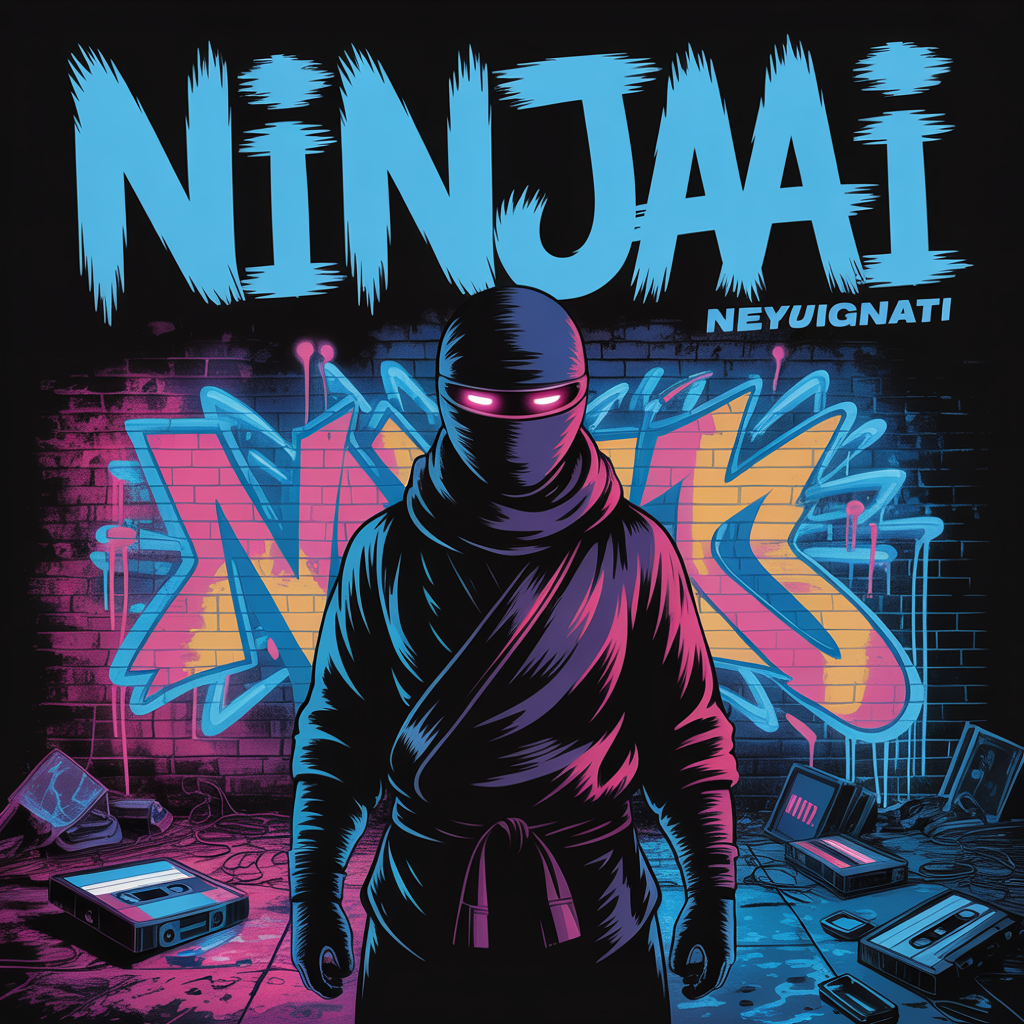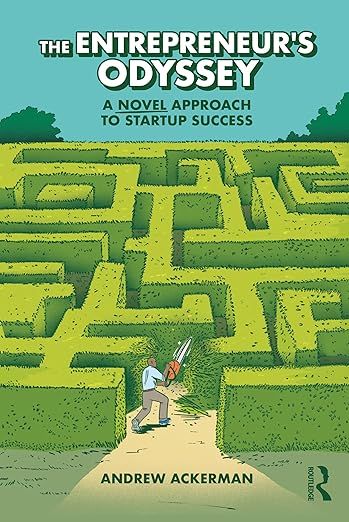Top 7 AI SEO Strategies that are performing well in 2025

In 2025, businesses are using AI-powered SEO tools and tactics to be effective and save money. If you’re a small business owner, digital marketer, or entrepreneur, here are the 7 AI SEO strategies you need to adopt right now — before your competitors do.
1. Prompt-Driven Content Creation (PDC)
AI prompt engineering isn’t just for coders — it’s the new foundation of SEO content. With the right prompt stack (keyword, format, tone, and intent), tools like ChatGPT can generate optimized content in minutes that ranks just as well - if not better - than human-written posts.
Example Prompt Stack:
“Write a 1,000-word blog post in a friendly tone, targeting the keyword 'best pest control in Orlando,' including an FAQ, call-to-action, and bold headers.”
✅ Use AI to scale content without sacrificing quality
✅ Rank for long-tail + local + commercial keywords fast
2. Generative Engine Optimization (GEO)
Traditional SEO targets Google. GEO targets every engine: Google, Bing, Amazon, Yelp, Apple Maps, ChatGPT, and even Reddit.
Your content should be generated and distributed with multichannel visibility in mind.
GEO Tactics to Deploy:
- Create Q&A snippets for ChatGPT and Gemini
- Upload answers to Yelp, GMB, and voice search
- Optimize for “near me” and “best X in [city]” queries
GEO isn’t just about writing blogs — it’s about dominating every place people search.
3. AI Topic Modeling Instead of Keyword Lists
Old SEO = keyword stuffing.
New SEO = AI understands topics, not just terms.
With AI tools, you can generate topic clusters and semantic variations instantly. Instead of writing 5 posts about “dog grooming,” write about:
- “Mobile dog grooming tips for summer”
- “What to expect from your first grooming visit”
- “Best dog shampoos vets recommend”
AI maps the search intent automatically — so your site becomes a topical authority faster.
4. Search Intent Optimization with GPT Scoring
AI can now classify search intent (informational, transactional, navigational) and score your content accordingly. This means every blog, service page, or product description can be aligned to exactly what users (and Google) want.
Pro tip:
Before publishing, use GPT-4 to audit your article like this:
“Review this article and identify if it matches the search intent of someone Googling ‘how to choose the best plumber in Tampa.’ Suggest edits if not.”
5. AI Image SEO with Alt Text + Compression
Search engines can now read images. If you’re not optimizing your visual content, you’re leaving rankings on the table.
Use AI to:
- Auto-generate descriptive alt text
- Compress and rename images for keyword relevance
- Create AI visuals (via DALL·E or MidJourney) for blog headers, social sharing, and image search
Bonus: AI can A/B test which image thumbnails lead to more clicks in SERPs.
6. Dynamic FAQs + Schema Injection
AI allows you to dynamically generate FAQs tailored to your product, location, and customer behavior. When paired with JSON-LD schema markup, these can dramatically increase your click-through rate in Google’s rich results.
Use cases:
- Service businesses (e.g., pest control, HVAC) = location-specific FAQs
- eCommerce = shipping, returns, pricing FAQs
- B2B = pain-point-driven questions + schema
With one click, NinjaAI can auto-generate schema-enhanced FAQ blocks that Google loves.
7. Real-Time Trend Mining with AI Agents
Google Trends is slow. AI isn’t.
You can now create autonomous SEO agents that scan Reddit, YouTube, Twitter/X, and forums to detect trending topics and questions before they spike on Google.
For example:
If Reddit is full of “Is Zillow accurate anymore?” this week —
You can publish: “Zillow vs Redfin vs Opendoor: Which Home Value Tool Is Most Accurate in 2025?”
You’ll rank faster, get first-mover traffic, and stay ahead of agency content calendars by weeks.















